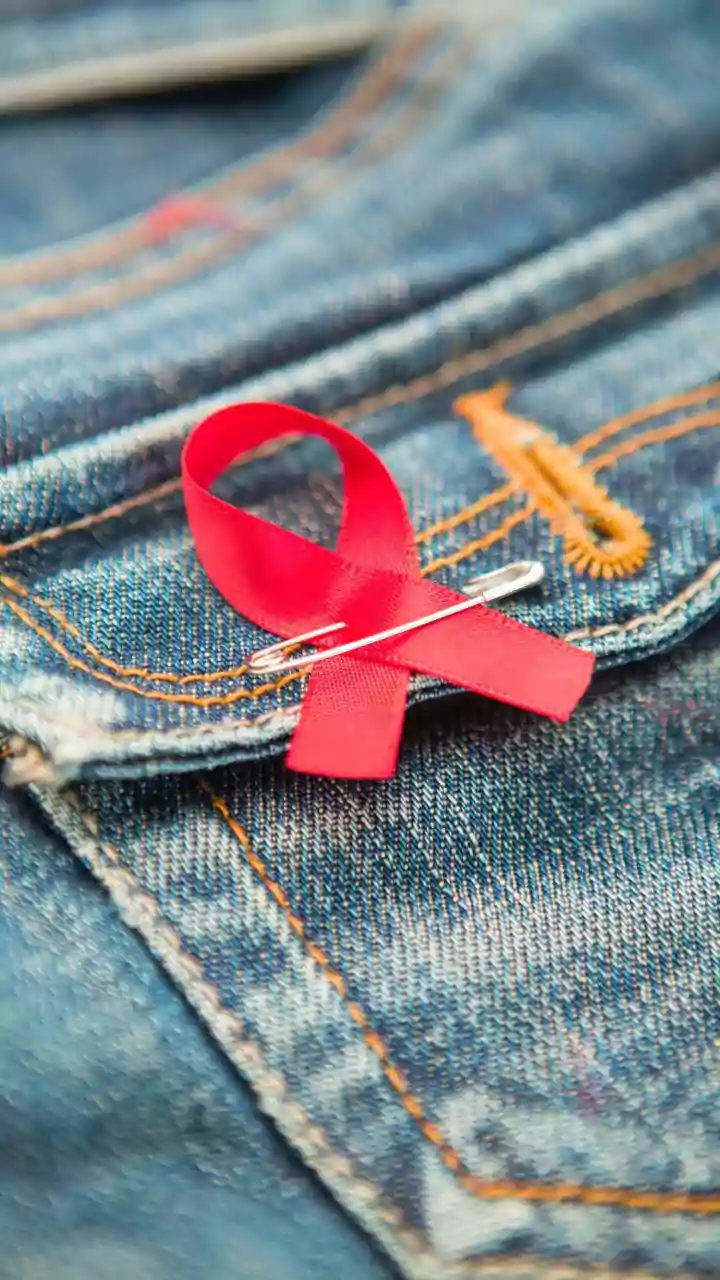What is B12?
Vitamin B12, also known as cobalamin, is a water-soluble vitamin central to the body's proper functioning. It plays a crucial role in various processes,
from nerve function and red blood cell formation to DNA synthesis. Unlike many vitamins, B12 is primarily found in animal products, making it especially important for vegetarians and vegans to be mindful of their intake. The body cannot produce B12 on its own, so it must be obtained through diet or supplementation. A deficiency can lead to numerous health problems, including fatigue, neurological issues, and liver damage. Understanding the significance of B12 helps in making informed dietary choices and supporting overall well-being. The body can store B12 in the liver for a few years, but regular intake is essential to maintain optimal levels and support crucial metabolic processes. This is why it is essential to know the different food sources of Vitamin B12.
Animal Food Powerhouses
Animal products are naturally rich in Vitamin B12. The most abundant sources are typically found in meats. Beef, particularly liver and kidney, stands out as an exceptional source of B12, containing significant amounts in each serving. Similarly, lamb offers a good dose of the vitamin. Poultry, such as chicken and turkey, also contributes to B12 intake, but in slightly lower quantities compared to red meat. Eggs, especially the yolks, are a convenient and versatile source. Dairy products like milk, yogurt, and cheese also provide B12, though the amounts vary depending on the type. For those seeking concentrated sources, certain seafood options, like salmon and tuna, are also rich in Vitamin B12. Consuming a variety of these animal-based foods ensures a steady supply of this essential nutrient.
Dairy Delights and Fortification
Dairy products serve as a reliable source of Vitamin B12 for those who include them in their diet. Milk, in its various forms, contributes to the daily B12 intake, offering a significant amount per serving. Yogurt, especially Greek yogurt, provides a good source, with the added benefit of probiotics, which can aid digestion. Cheeses, such as cheddar and mozzarella, also contain notable levels of B12, albeit in varying amounts based on the type and processing. For individuals following vegetarian or vegan diets, or those with dietary restrictions, fortified foods offer an accessible alternative. Many plant-based milk alternatives, such as soy milk and almond milk, are fortified with B12. Similarly, some breakfast cereals and nutritional yeast are enriched with B12 to enhance their nutritional profile.
Seafood Selection
Seafood presents a flavorful and healthful approach to securing a sufficient Vitamin B12 intake. Fatty fish such as salmon and tuna are particularly high in B12, along with beneficial omega-3 fatty acids that provide additional health benefits. Shellfish, including clams and oysters, are remarkable sources of B12, often containing substantial amounts per serving. These seafood options provide a complete protein, important vitamins, and minerals, while being relatively low in calories. Incorporating a mix of seafood into your diet ensures a wide variety of nutrients. Choosing sustainably sourced seafood is also important to reduce the environmental impact. Considering seafood as a primary B12 source can bring both nutritional value and dietary variety.
B12 and Liver Health
The liver depends significantly on adequate B12 intake. Vitamin B12 is essential for producing red blood cells and helps prevent anemia. A healthy liver needs B12 to perform its vital functions. B12 aids the liver in detoxifying harmful substances and processing nutrients. Vitamin B12 helps maintain the health and function of the liver. Adequate B12 intake supports liver function, and a deficiency can contribute to liver problems. Liver health is closely linked to the body's ability to absorb and utilize nutrients effectively. Therefore, maintaining sufficient B12 levels can support the liver's ability to function optimally.
Recognizing Deficiency Symptoms
Identifying Vitamin B12 deficiency symptoms is crucial. Common symptoms include fatigue and weakness, which can hinder daily activities. Neurological signs, such as tingling or numbness in the hands and feet, are also indicative. Cognitive impairment, including memory problems or confusion, may occur. Gastrointestinal issues like loss of appetite, weight loss, and constipation, can also be present. A pale complexion, due to anemia, is another sign. It is important to consult a healthcare professional if you experience these symptoms. A blood test is usually conducted to confirm a B12 deficiency. Addressing the underlying deficiency promptly is key to averting long-term health complications and supporting overall well-being.
Supplementation and Considerations
Supplementation is an option for those who cannot obtain adequate B12 through diet. B12 supplements are available in various forms, including oral tablets, sublingual tablets, and injections. Oral supplements are a practical choice for many, while sublingual tablets may provide faster absorption. Injections are typically administered for severe deficiencies. When considering supplementation, consulting a healthcare professional is important. This is to determine the appropriate dosage and form. Factors such as age, overall health, and dietary habits influence supplementation needs. For individuals who are vegetarian or vegan, supplementation may be necessary to prevent deficiencies. Careful monitoring and adjustments are essential for maintaining optimal B12 levels and supporting overall health.




















